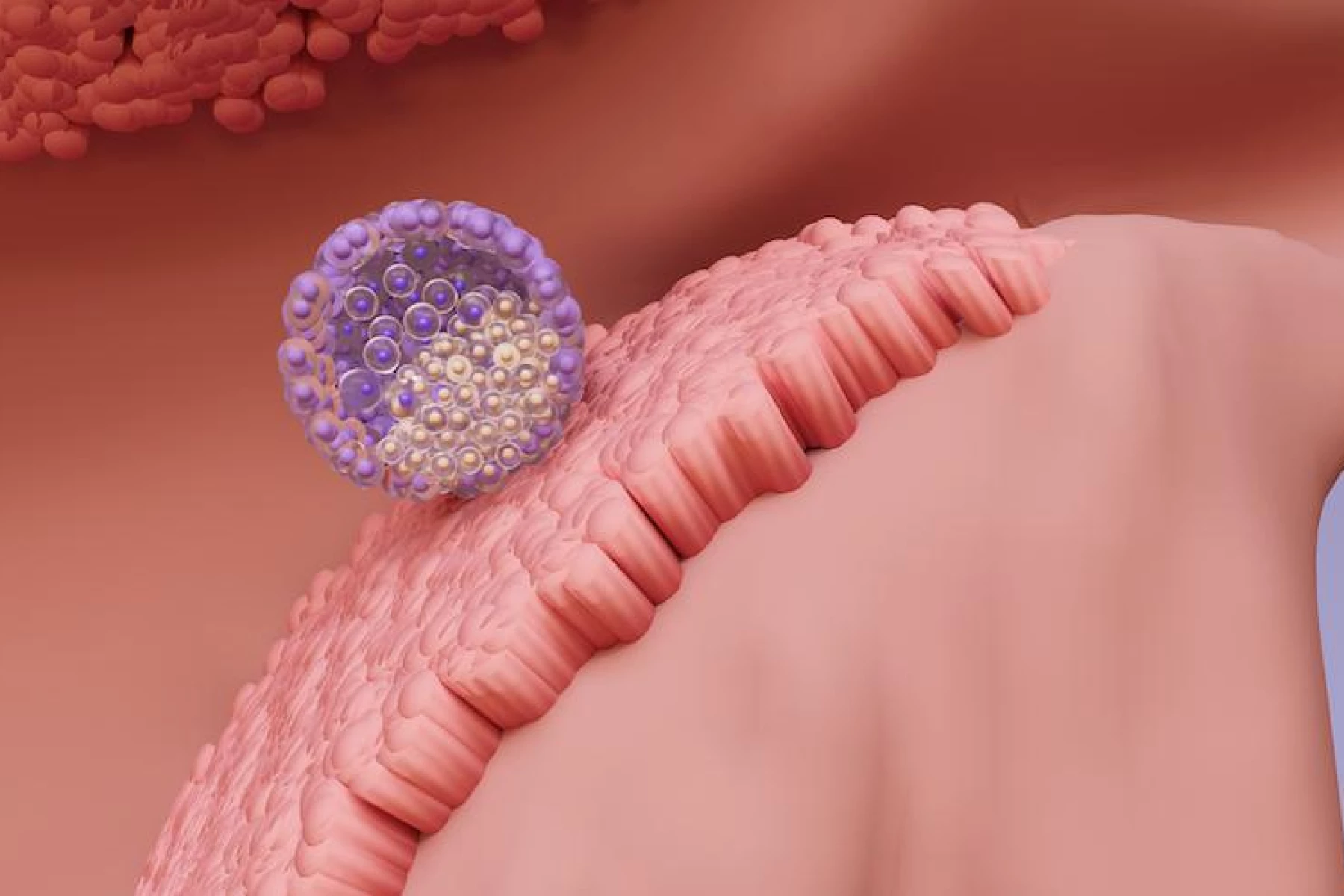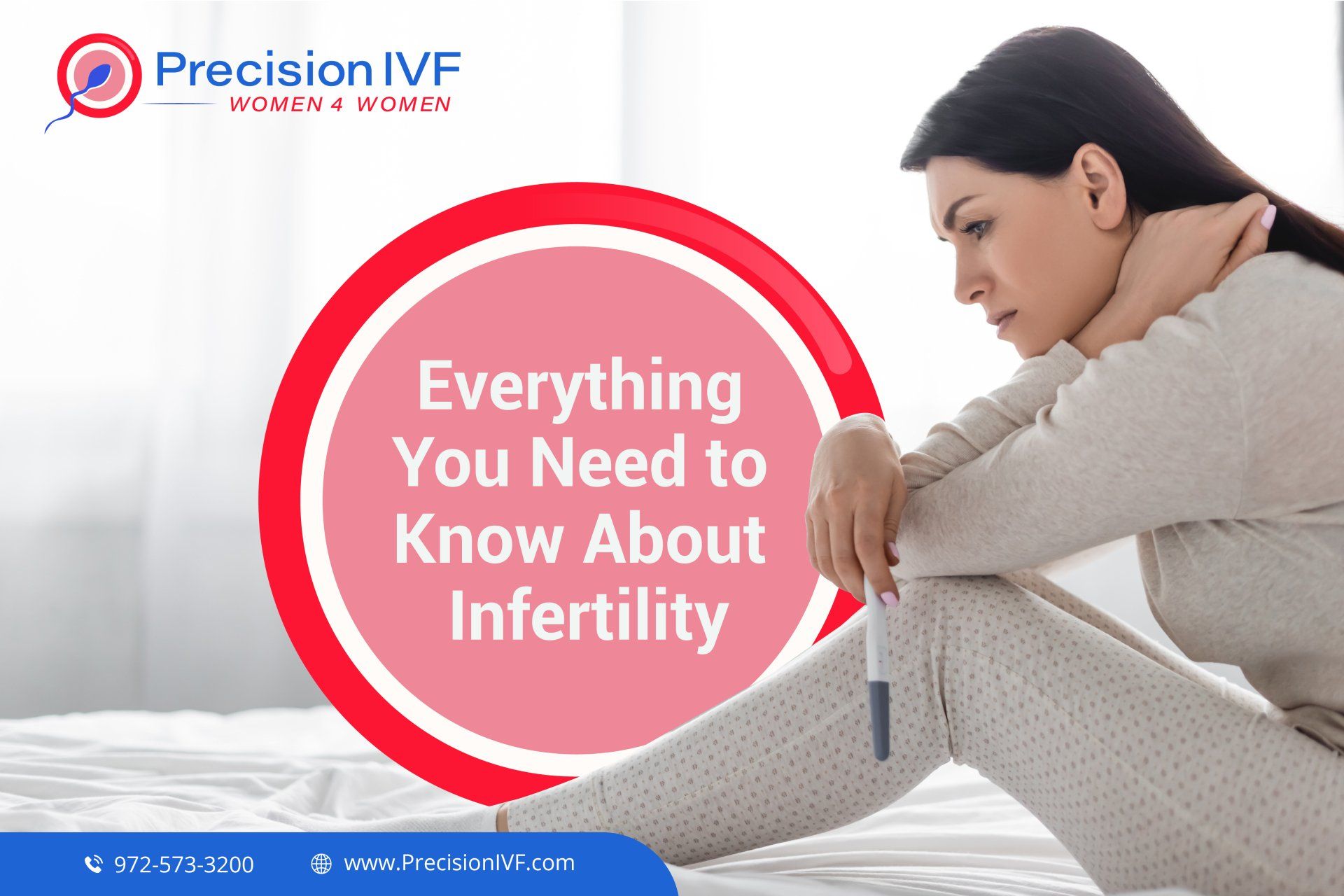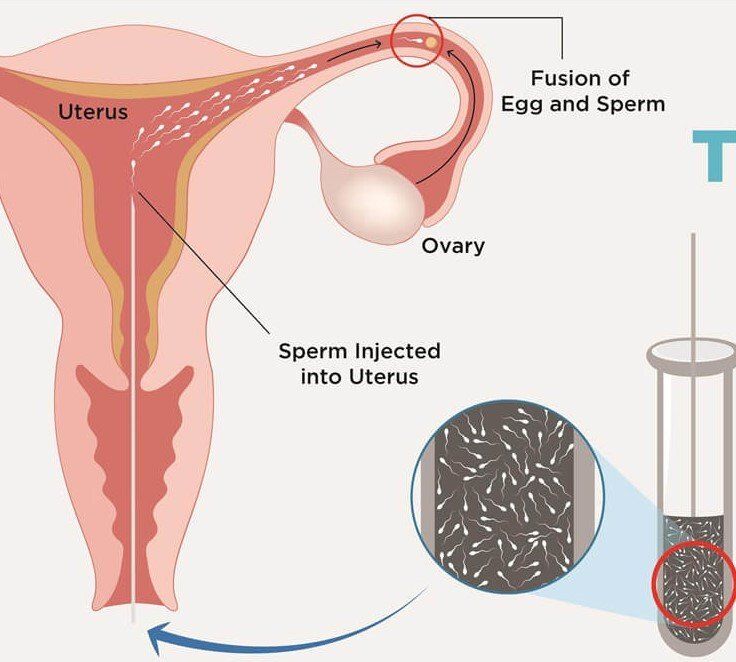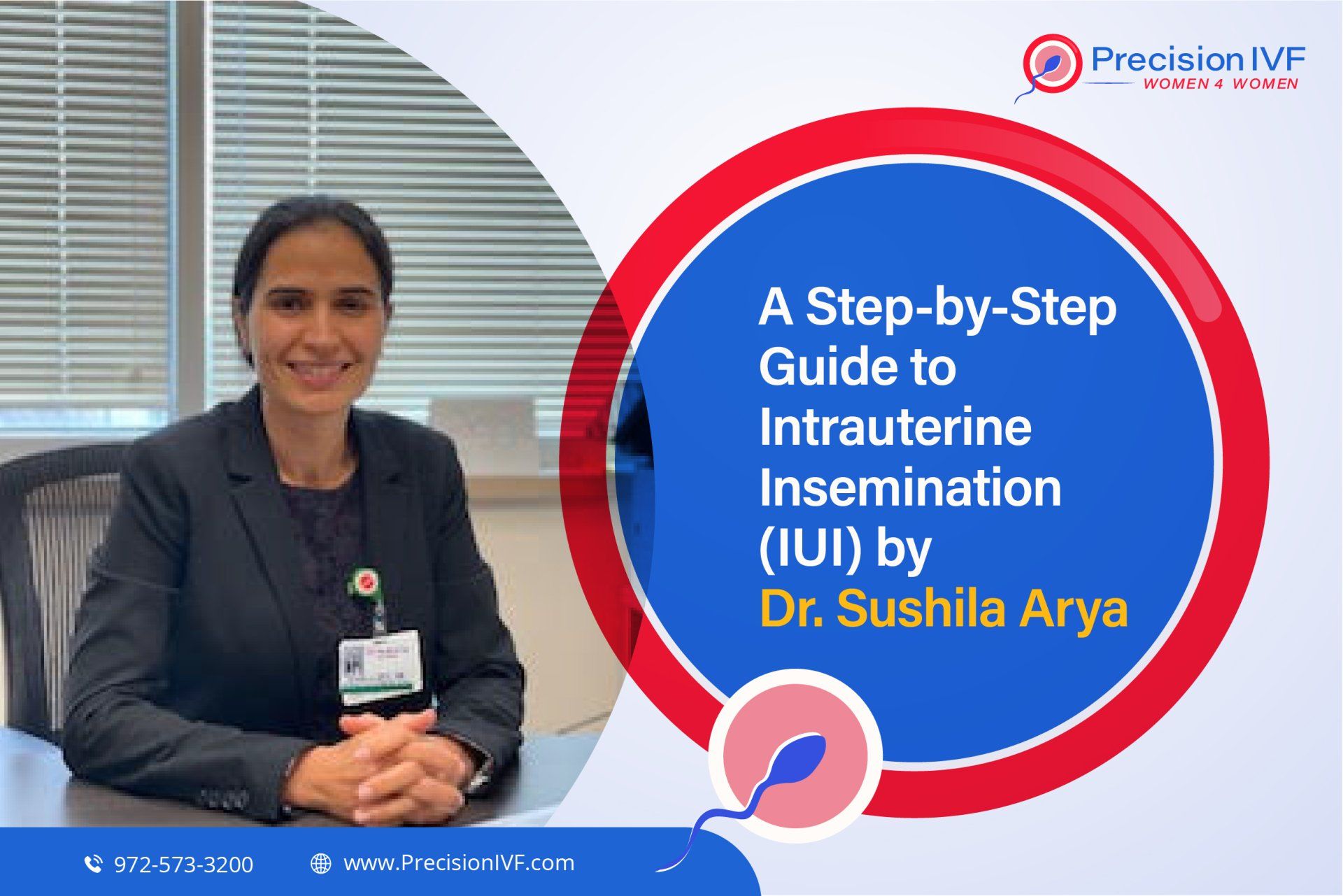IUI with Nitrous Oxide (Laughing Gas): A More Comfortable Fertility Treatment Option
sushila arya • July 12, 2025

Learn how nitrous oxide (laughing gas) can reduce anxiety and discomfort during IUI. Offered at Precision IVF, it’s a safe, fast-acting option for a more comfortable fertility experience.
What Is IUI and Does It Hurt?
Intrauterine insemination (IUI) is a commonly used fertility treatment that places washed sperm directly into the uterus to improve the chances of pregnancy. It’s quick and often well tolerated, but for some patients, even a brief procedure can feel stressful or uncomfortable—especially for those with anxiety, pelvic sensitivity, or past difficult experiences.
At Precision IVF, we’re committed to supporting your comfort as well as your care. That’s why we now offer nitrous oxide (laughing gas) as a safe, effective option during IUI and other minor in-office procedures.
What Is Nitrous Oxide and How Does It Work?
Nitrous oxide is a colorless, odorless gas commonly used in dentistry and labor & delivery to relieve pain and anxiety. When used during IUI, it helps patients feel relaxed, reduces discomfort, and eases tension—without the need for IV sedation or medication.
At Precision IVF, we use Nitrouseal®, an FDA-cleared, self-administered nitrous oxide system with waste gas scavenging. It allows patients to:
- Remain fully awake and in control
- Start and stop the gas as needed
- Recover within minutes, with no downtime
- Drive themselves home afterward
Why We Offer Nitrous Oxide for IUI at Precision IVF
Many of our patients have expressed concern about discomfort during IUI, especially those who:
Are undergoing their first IUI
- Have a history of painful pelvic exams
- Experience vaginismus or endometriosis
- Feel anxious or triggered by past medical trauma
In some cases, fear of pain has led people to postpone treatment. As a fertility specialist, I believe no one should delay care due to anxiety. Our goal at Precision IVF is not just excellent outcomes, but a compassionate and supportive experience from start to finish.
Who Might Benefit from Nitrous Oxide?
- Nitrous oxide is a great option for:
- First-time fertility patients
- Individuals with anxiety or trauma histor
- Patients with conditions like endometriosis or vaginismus
- Anyone who wants a gentler, more calming IUI experience
What to Expect During IUI with Nitrouseal®
Nitrouseal® is the only self-administered nitrous oxide system with FDA-cleared waste gas removal, making it safe for both patients and staff. During your IUI:
- You’ll be given a handheld mask to inhale nitrous
- You can self-regulate how much you use
- You’ll feel calm, relaxed, and in control
- Effects fade within minutes after stopping the gas
This system is also available for other procedures such as endometrial biopsies, HSGs, or HYFOSY.
Cost and Availability
While nitrous oxide is not currently covered by insurance, it is available at Precision IVF for a low self-pay fee. Our team will walk you through the process, answer your questions, and ensure you're comfortable every step of the way.
Ready for a More Comfortable IUI Experience?
If you’re feeling anxious about IUI or have had discomfort in the past, nitrous oxide may be the option that helps you feel more at ease. Contact Precision IVF today to ask about Nitrouseal® or request it during your next visit. Your comfort matters—because fertility care should be as gentle as it is effective.
Schedule Your Consultation
Visit www.precisionivf.com/contact or call us at 972-573-3200 to learn more.

What is a frozen embryo transfer cycle? A frozen embryo transfer (FET) cycle means thawing one or more embryos (frozen during a previous IVF treatment cycle) and transferring that embryo (or embryos) to the uterus in order to try to establish a pregnancy. When is a frozen embryo cycle recommended? When ovaries are stimulated in a typical IVF or ICSI cycle, they produce multiple eggs for insemination and this often leads to a number of healthy embryos being created. Fresh embryo transfer may not be appropriate, or if the fresh embryo is transferred to the uterus on the 6th day of egg retrieval, the rest can be frozen to use if the first transfer does not result in a pregnancy, or at a later time to create a sibling. It’s not uncommon for practice to freeze all embryos after an IVF cycle and not to transfer any immediately if the lining of the uterus or hormone levels are not suitable or if a patient is at risk of developing ovarian hyper-stimulation syndrome (OHSS). It is also increasingly common for the fertility specialist to recommend that we freeze all of a patient’s embryos because the more natural environment in the uterus during a later cycle may have a better chance of establishing a pregnancy. Freezing embryos is also a potential avenue for a woman who wants to postpone pregnancy until later times like in her late 30s or early 40s but who understands she may not have suitable eggs of her own by then. What are the success rates of frozen embryo transfer? The pregnancy or live birth success rate depends on a number of factors, including the woman’s age and quality of the embryo. Frozen embryo survival rates are more than 90% if embryos are frozen by ‘vitrification’ at the blastocyst stage (5-6 days after fertilization). If they are frozen by ‘slow freezing’, approximately 80% survive the freezing and thawing process (old method). If an embryo vitrified at the blastocyst stage is thawed and transferred, it has approximately the same success rate as a fresh embryo. There is no evidence that frozen and thawed embryos result in a greater number of miscarriages or abnormalities. What does a frozen embryo transfer cycle involve? When you are ready to begin a FET cycle, contact your clinic/IVF coordinator. There are a few necessary steps before FET treatment can be started. Before a frozen embryo can be transferred into your uterus, the lining of the uterus (the endometrium) must be prepared to the right stage in either a ‘natural cycle’ or a ‘programmed aka hormone replacement therapy cycle.’

Learn everything you need to know about infertility, from its definition to treatment options. Learn about the signs and symptoms of infertility in men and women, as well as the risk factors, medical illnesses, and drugs that may play a role. Dietary advice, natural therapies, statistics, and more are all available.








